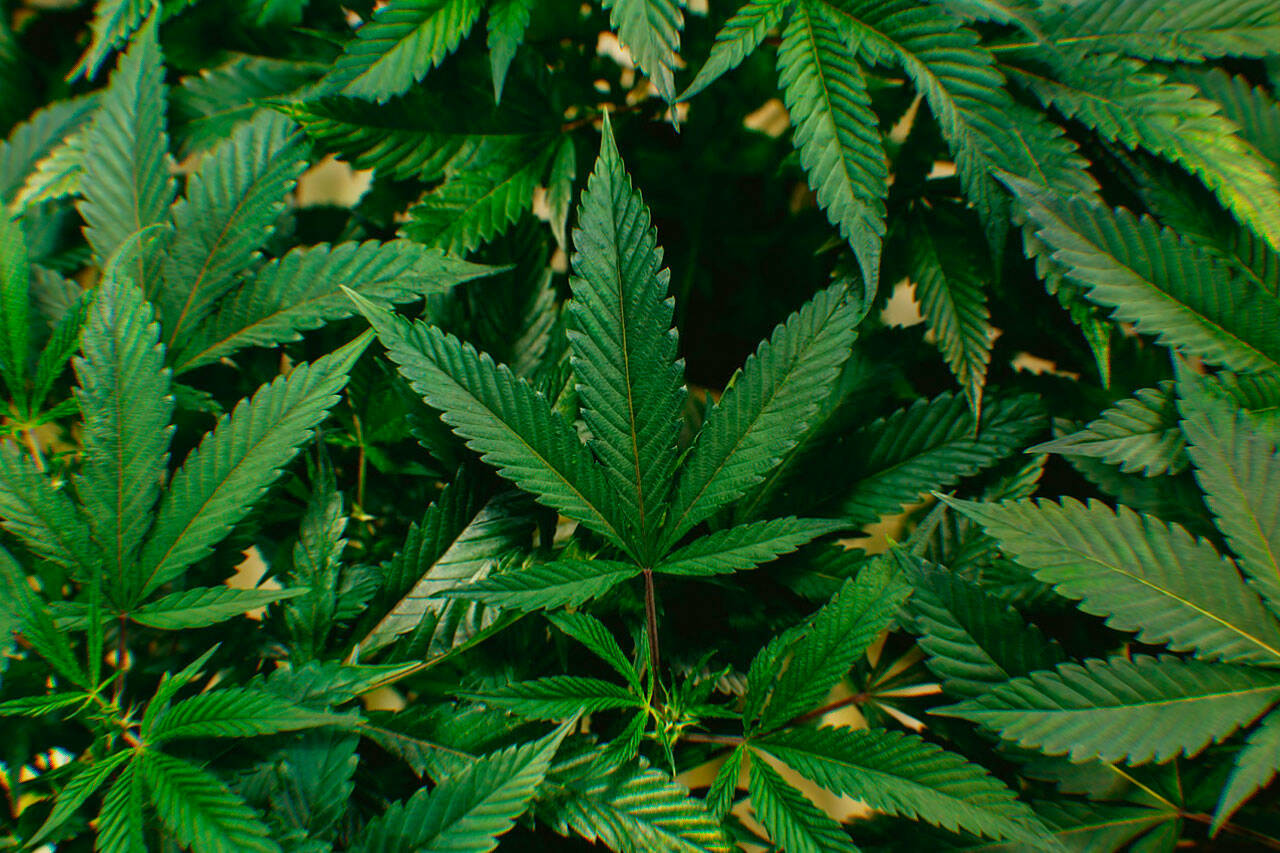"It didn't treat me, however it gave me the opportunity to get the rest I required to heal, and I had the ability to work at a much greater level than with the painkillers, that made me wake up foggy every day," he stated. "With cannabis, I can consume it during the night and get up with a clear head."Marijuana is an especially efficient treatment for people who require aid with pain management, in addition to those with sleep conditions or stress and anxiety; however, "there are hundreds of conditions that it treats," Rinella said.
Medical decisions should not be made based upon advertising. Speak with a doctor on the benefits and risks of particular medical marijuana items.

The results of an online study, consisting of 95 participants, included in the Journal of Alternative and Complementary Medicine in 2014. The researchers discovered that individuals chosen indica strains for discomfort management, sedation, and sleep while they would select sativa pressures to enhance energy and mood. Regarding discomfort management, participants reported a statistically substantial result when using indica for: It is, however, important to note that this research study had a number of constraints.
Participants did not use the marijuana in a controlled setting, possibly resulting in differences in drug composition, dose, and strength. Another study examined making use of naturally grown sativa and indica pressures in the treatment of numerous medical conditions. Just over half of the individuals were using marijuana to treat HIV.
The outcomes suggested that indica strains are more likely to enhance energy and appetite, while both sativa and indica pressures can alleviate queasiness to a similar degree. Marijuana consists of compounds that may alleviate pain, nausea, and other symptoms. The components of marijuana that the majority of research studies focus on for pain relief are cannabidiol (CBD) and tetrahydrocannabinol (THC).
CBDTHC looks like the cannabinoid chemicals that occur naturally in the body. When people ingest or inhale THC, it the brain's cannabinoid receptors. This triggers the brain's reward system and reduces discomfort levels. THC is a psychoactive compound as it binds to cannabinoid receptors and produces an elevated frame of mind, referred to as a high.